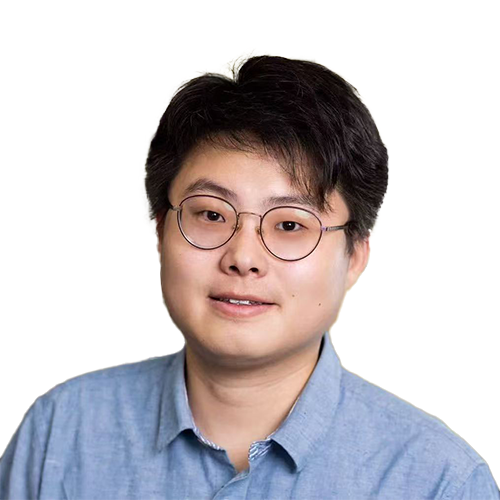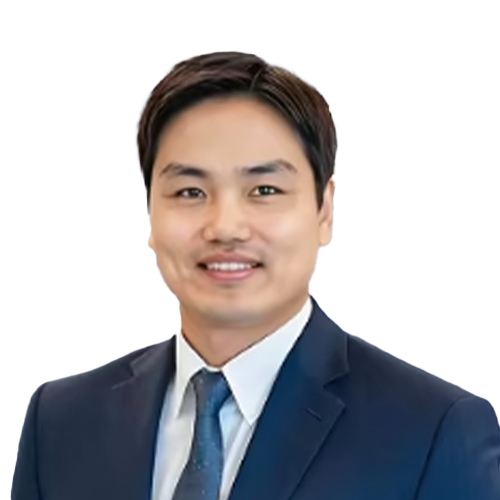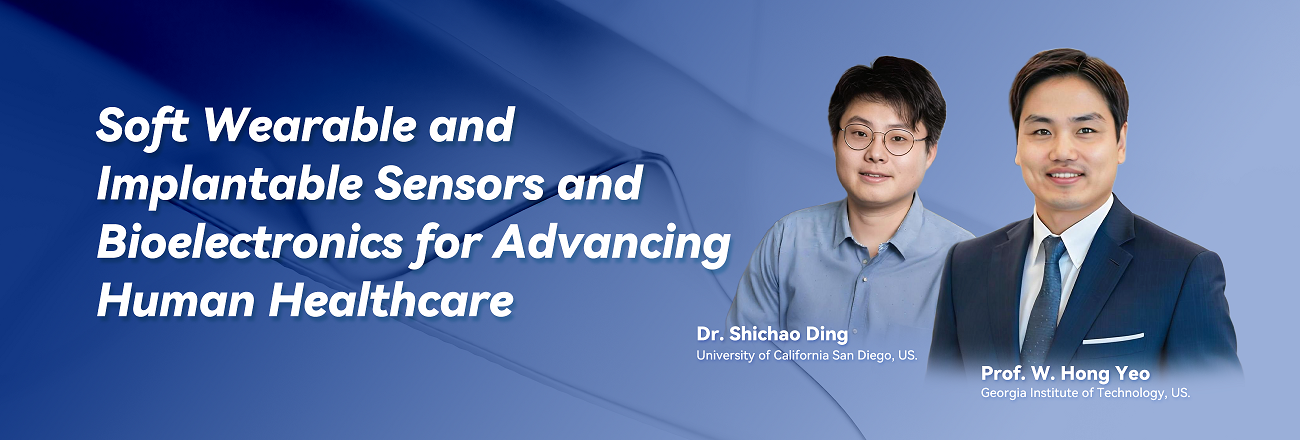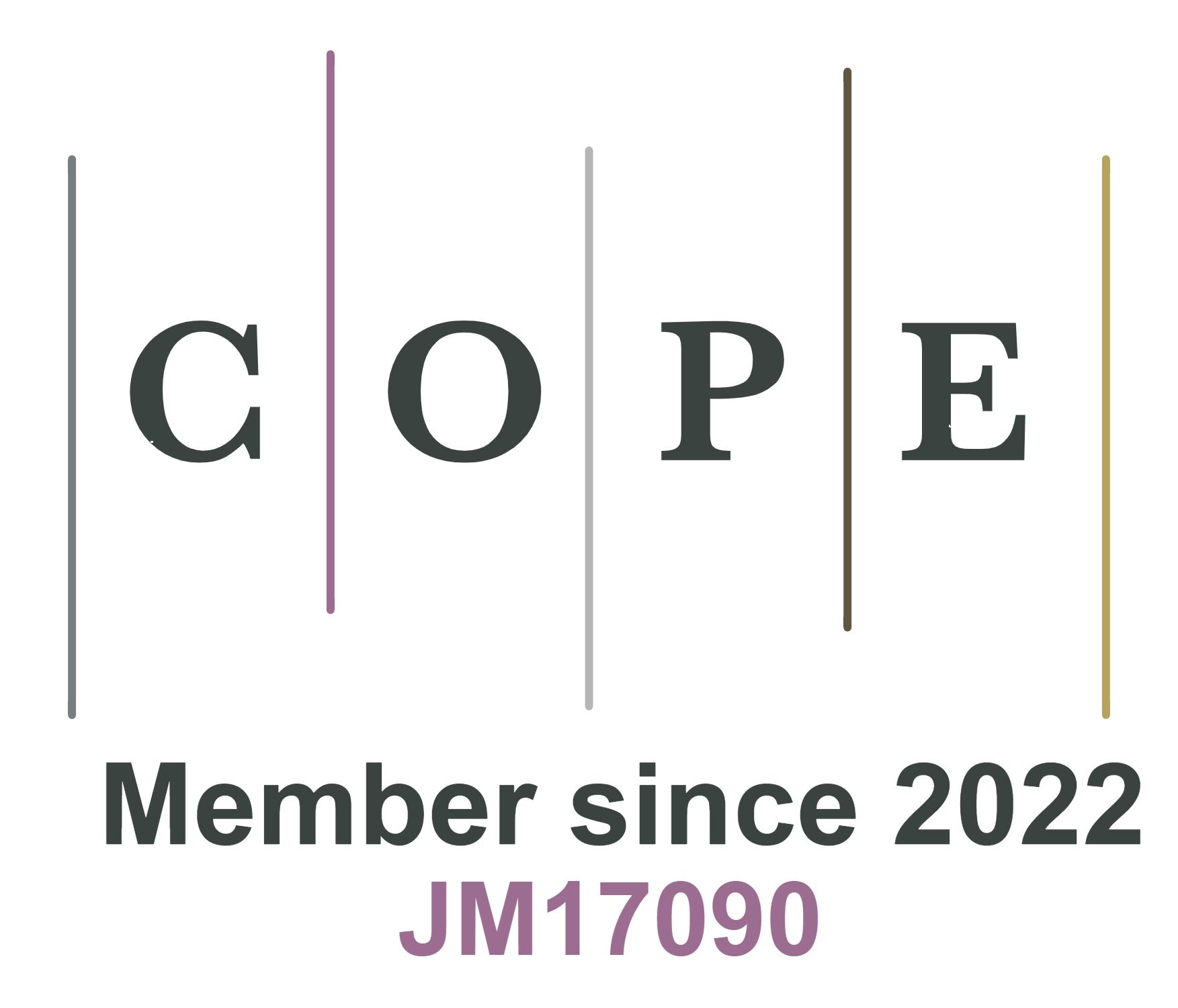Contents
Host

Dr. Shichao Ding
University of California, San Diego
Dr. Shichao Ding is currently a postdoctoral researcher in the group of Academician Joseph Wang at the University of California, San Diego (UC San Diego). He obtained his Ph.D. degree from Washington State University under the supervision of Academician Yuehe Lin, a world-renowned expert in electrochemistry.
Dr. Ding’s research focuses on the structural design of nanomaterials and their applications in electrocatalysis, biosensing, and wearable flexible electronic devices. To date, he has published nearly 100 SCI papers, including 41 as first author or corresponding author in top international journals such as Nature Medicine, Nature Electronics, Nature Reviews Materials, Nature Reviews Electrical Engineering, and Advanced Materials. His work has been cited more than 5,200 times, with an H-index of 39. He was listed among the world’s top 2% most influential scientists by Stanford University in 2025.
Dr. Ding has also served as a committee member for major international conferences such as IEEE Biosensors and IOCN, and as a session chair at the Pittcon conference.
Dr. Ding’s research focuses on the structural design of nanomaterials and their applications in electrocatalysis, biosensing, and wearable flexible electronic devices. To date, he has published nearly 100 SCI papers, including 41 as first author or corresponding author in top international journals such as Nature Medicine, Nature Electronics, Nature Reviews Materials, Nature Reviews Electrical Engineering, and Advanced Materials. His work has been cited more than 5,200 times, with an H-index of 39. He was listed among the world’s top 2% most influential scientists by Stanford University in 2025.
Dr. Ding has also served as a committee member for major international conferences such as IEEE Biosensors and IOCN, and as a session chair at the Pittcon conference.
Speaker

Prof. W. Hong Yeo
Georgia Institute of Technology
Dr. Yeo holds the titles of G.P. "Bud" Peterson and Valerie H. Peterson Endowed Professor, as well as Harris Saunders Jr. Endowed Professor, in the Woodruff School of Mechanical Engineering and the Coulter Department of Biomedical Engineering at Georgia Tech. He is also the director of the Wearable Intelligent Systems and Healthcare Center (WISH Center) and the KIAT-Georgia Tech Semiconductor Electronics Center (K-GTSEC). Dr. Yeo's research focuses on understanding the fundamentals of soft materials, deformable mechanics, interfacial physics, manufacturing, and the integration of hard and soft materials for the development of biomedical systems. He earned his Ph.D. in mechanical engineering and genome sciences from the University of Washington in Seattle and subsequently worked as a postdoctoral research fellow at the University of Illinois at Urbana-Champaign. With over 180 peer-reviewed publications, Dr. Yeo has contributed to many prestigious journals, including Nature Materials, Nature Machine Intelligence, Nature Communications, and Science Advances. He is an IEEE Senior Member and has received numerous awards, including the Visiting Professorship from the Institute Jean Lamour at the Université de Lorraine in France, the Lucy G. Moses Lectureship Award at the Mount Sinai School of Medicine, the NIH Trailblazer Young Investigator Award, the IEEE Outstanding Engineer Award, the Emory School of Medicine Research Award, the Imlay Innovation Award, the American Heart Association Innovative Project Award, the Sensors Young Investigator Award, the Med-X Young Investigator Award, and the Outstanding Service Award from the Korea Institute for Advancement of Technology, as well as the Outstanding Yonsei Scholar Award. Dr. Yeo is also the founder of two startup companies: Huxley Medical, Inc. and WisMedical, Inc.
Abstract
This talk will focus on the fundamental scientific principles underlying integrated soft nanomembrane biosensors and bioelectronics in both wearable and implantable configurations. It will discuss the limitations of current biomedical systems in continuous health monitoring, persistent human–machine interfaces, and disease diagnosis, and present a series of innovative strategies designed to address these challenges. The presentation will cover system design and fabrication approaches based on materials engineering, printing-enabled nanomanufacturing, and hard–soft system integration technologies. Several recent research efforts will be highlighted, including the development of soft bioelectronic sensors and platforms for applications such as persistent human–machine interfaces (e.g., wearable exoskeletons for human augmentation), sleep quality assessment and disorder detection, cardiac health monitoring, VR/AR-integrated brain–computer interfaces, and wearable auscultation devices for continuous cardiopulmonary monitoring. In addition, examples from both in vitro and in vivo studies will be presented to demonstrate the novelty and advantages of these soft bioelectronic systems in real-time health monitoring, portable healthcare, quantitative disease diagnosis, and enhanced therapeutic interaction through human–machine interfaces.












